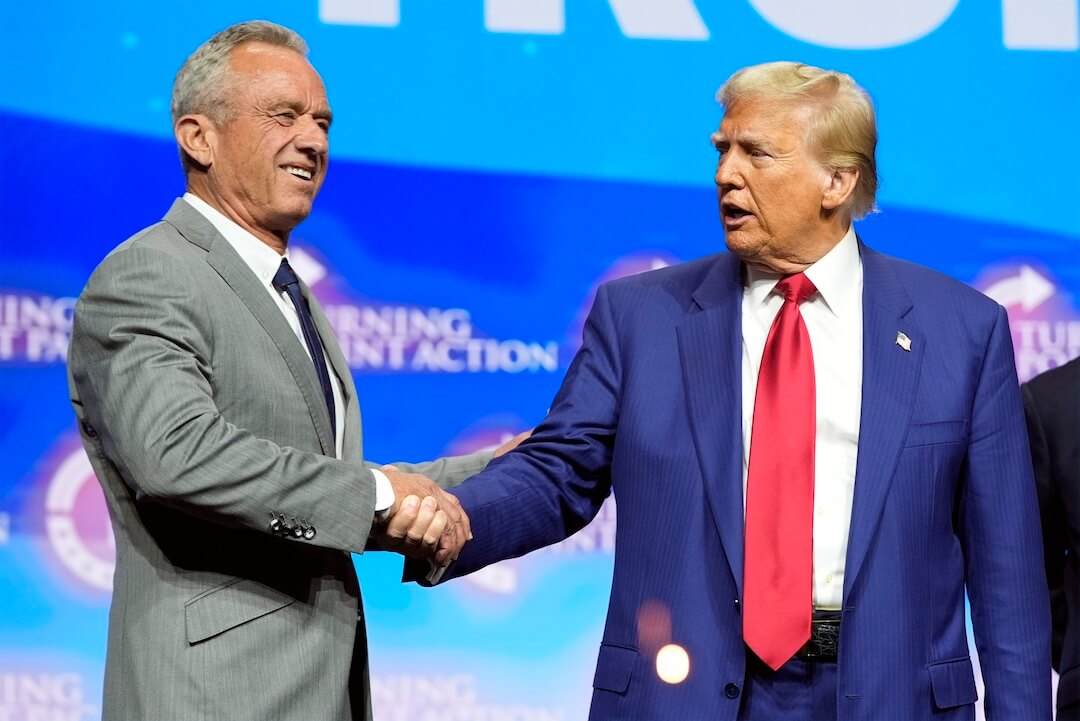Last week, as Election Day stretched into Election Week, millions of Americans were glued to CNN’s John King as he presided over the network’s so-called Magic Wall. Viewers marveled at the ease with which the CNN chief national correspondent and anchor of “Inside Politics” discussed voting patterns in battleground states. The man explained, gestured, clicked and stood for hours on end, zooming in and out of states and scrawling vote counts on the interactive screen — all while running on about three hours of sleep a night. His performance, as dizzying as it was at times, earned him chart-throb status, along with MSNBC’s Steve Kornacki.
Though Joe Biden was elected as the 46th president of the United States, some vote counting continues. We wanted to check in on King and see how he’s doing. Here’s our email exchange (edited for brevity and clarity).
First of all, how are you faring after the week you just had?
I am a mix of exhausted and excited. The election results are clear, but there is so much news and uncertainty — from the Trump refusal to concede to the continued counting of ballots to the Biden transition launch and the horrific COVID surge. So sleep has to wait a bit longer. That’s OK. It is a dramatic news story and at a very consequential moment, so this is why we do this — and sleep and rest can wait.
Many people marveled at you and your Magic Wall, and some expressed annoyance that you called the election “fun.” What did you think of all the attention you received on social media that made you a kind of sensation?
I can’t apologize for loving my job and having, yes, fun, counting and analyzing votes. It is America’s greatest gift and signature event, and it is truly an honor for me to be trusted to take the role I have. I love the challenge. My intent was not to offend or infuriate. I’m thrilled if viewers found our work and my work helpful in this most different and complicated election. The interest and intensity was off the charts, and our CNN Magic Wall I think has become a trusted and approachable way for people to see and process the results. I’m lucky to have it as a great, informative tool.

John King, CNN chief national correspondent and anchor of “Inside Politics.”
(Courtesy of CNN)
How did you prepare for Election Night?
The editorial preparation is a months-long process. The physical part can be grueling, but while this one was extraordinary and then some, I have a decent understanding of the stamina needed. I’m a big walker and incline treadmill guy; it came in handy this past week. Sleep is overrated. I averaged about three hours a night for the first five days (Tuesday through Saturday).
The recurring joke is that journalists are bad at math but it doesn’t seem to be an issue for you. Has it always been this way?
I like math. Politics is math, plus a few variables. I owe a debt of gratitude to the nuns at St. Mark’s (School) and the teachers at Boston Latin School, I guess. Never loved math but was always pretty good at it!
You’ve had a long career in journalism. Outside of your work with the Magic Wall, what’s the story you’re most proud of from your years as a journalist?
I covered the first Persian Gulf War for the Associated Press and it taught me enormously about the military, the Middle East and about focus and stamina. The Southeast Asian tsunami was the most horrific, because so many lost everything. I will never forget my first of nine presidential campaigns — 1988 — because it was my gateway to seeing America. I’m not great at choosing favorites because we are trained not to pick one, so this is hard for me. The 1992 campaign was something else because of (Ross) Perot. That chaos helped me a ton with 2016 and 2020.






